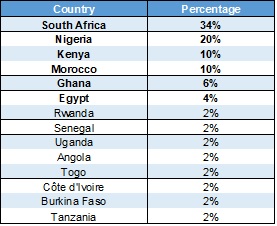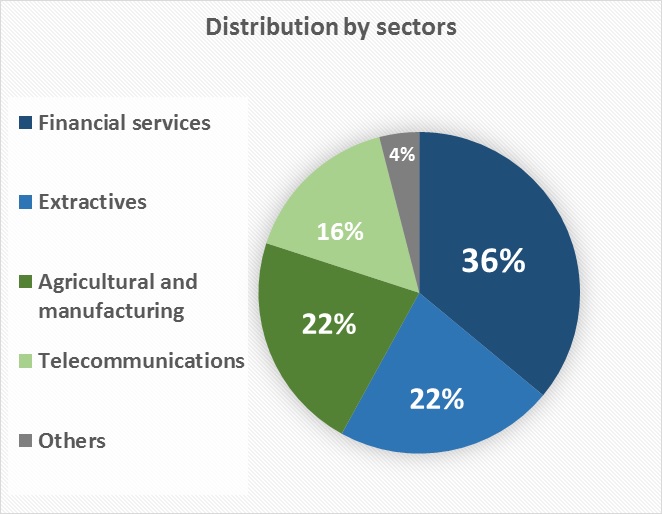I’m a humanist. I love people. I celebrate any type of progress that contributes to an improvement in people’s lives. To the extent that through their work they contribute to such an improvement, I celebrate the progress of women business leaders — such as those portrayed in a recent article at The Africa Report (“Star dealmakers. 50 women shaking up business”).
One of the featured women is Ibukun Awosika. She‘s the Chair of First Bank Nigeria — the first woman to achieve such a position in this institution. Also, she’s CEO and founder of the Chair Centre — a market leader in the office furniture and the banking security systems industries in Nigeria. And I’m proud to say that she’s is a graduate from IESE’s Global EMBA program.
Awosika is a great example of the values that the term Africapitalism entails (see Africapitalism: Capitalism with African values). Succeeding in Africa takes a high level of entrepreneurship, and a particular focus on social contributions along with a shared purpose. Awosika has embodied these values: she co-founded Women in Business, Management, and Public Service (WIMBIZ), a Nigerian based non-profit organization with the objective of elevating the status and influence of women. You may be interested in her inspirational book Business His Way where she encourages entrepreneurship.
Where do these 50 women work? The table below shows their distribution by country where they work, and the graph that follows shows the distribution by economic sector:


Little by little, women are making inroads, and play influential roles in large companies. 15% of senior management positions in African companies are held by women. Although there’s still a long way to go, this figure has gone up from 5% in 2010. Both men and women have important, complementary contributions to make to the business world, don’t we? This was Ibukun Awosika’s point in the Africa CEO Forum 2017. You may listen to her in this very brief (35’’) clip:
Nadim Elayan, Research Assistant at IESE Business School, collaborated in this article.
____________________________________________________________________________
Related articles


This is good for Africa…more African women will be empowered
Even as globalization has brought millions of women into paid labour, the number of women in the workforce is far behind that of men. Gender inequalities have also concentrated women at the bottom of the global value chain — in the lowest paid jobs, in piece-rate, subcontracted work, and insecure forms of self-employment, with little or no access to decent work and social protection. Women are half the world’s potential and unleashing it requires access to decent, good-quality paid work as well as gender-sensitive policies and regulations, such as adequate parental leave and flexible hours. The economics make sense, too: If women played an identical role in labour markets to that of men, as much as US$28 trillion, or 26 per cent, could be added to the global annual Gross Domestic Product by 2025.
Women are the most important part of the community … They do not take them seriously outside the home because women are uncertain while women are very capable and very successful.
Thanks You for you blog from Paris ! Good day ! Tony
Women can change the world. This is good for our world.
Interesting read … thank you so much!
Aloys
Good women from Africa
with little or no access to decent work and social protection. Women are half the world’s potential and unleashing it requires access to decent, good-quality paid work as well as gender-sensitive policies and regulations, such as adequate parental leave and flexible hours. The economics make sense, too